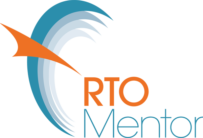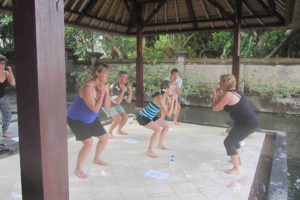One of the key areas I see missing in RTO’s training is the way people provide training. They are cutting out time, and therefore cutting out the value of practicing new skills. Remember those Adult Learning principles? The ones we learnt during our Training and Assessment qualification? Well they are key to understanding your learners success.
Adult learners are busy, practical, and learn by doing. They learn best when
- There is immediate application for the learning;
- They participate actively in the learning process;
- They can practice new skills or test new knowledge before leaving a learning session
It’s one thing to teach. It’s another thing to learn, and the two don’t always go hand‐in‐hand. As educators, our job is to facilitate learning, that is, to do what we can to make sure people learn what we want to teach them. Incorporating the five basic Adult Learning principles in your program sessions to ensure that your learners really do learn.
People learn by doing it.
Actually, they learn by not doing it. You learn by doing it wrong, by falling off, by getting back on, by doing it again.
It doesn’t matter what subject you teach, differences in students’ performance are affected by how much they engage in practice. Practice involves attention, rehearsal and repetition and leads to new knowledge or skills that can later be developed into more complex knowledge and skills. The learning occurs when an individual intentionally repeats an activity in order to improve performance.
Reflective practice
Reflective practice is one of the first areas. In its simplest form, it is thinking about or reflecting on what you do as an RTO practitioner. For your students is about learning from experience. Practising skills, and then allowing time to think about what was done, what happened, and deciding what you could be done differently next time.
Thinking about what has happened is part of being human. Reflective practice requires a conscious effort and needs to be included into the session.
How this relates to RTO Compliance 
It is this area that is covered in Clause 1.1-1.3 – Your RTO is required to develop and implement approaches to the learning program; including access to suitable resources, facilities and trainers, that ensure learners gain all relevant skills and knowledge. The volume of learning includes all teaching and learning activities such as learning activities in the workplace and assessment activities. The amount of training provided by your RTO is part of the overall volume of learning and relates primarily to formal activities including classes and other activities as well as workplace learning.
Remember; if a course is structured so as to be completed in a shorter time period than that described in the AQF, you will need to clearly describe why and refer to the previous skills and knowledge and the needs of your specific learner cohort including:
- the characteristics to achieve the required rigour and depth of training, and
- how they can meet all of the competency requirements in a shorter timeframe.

